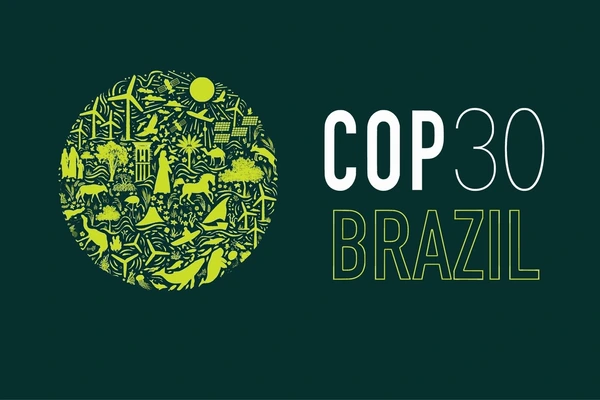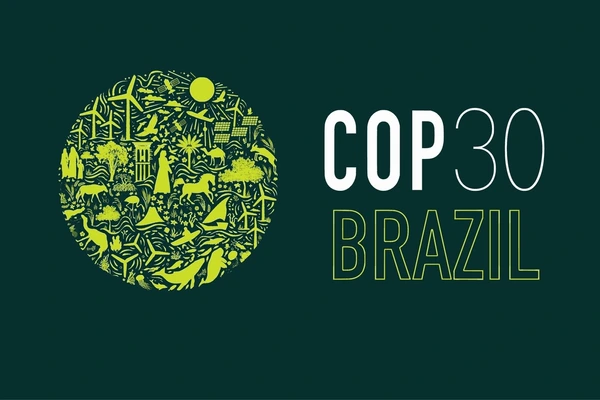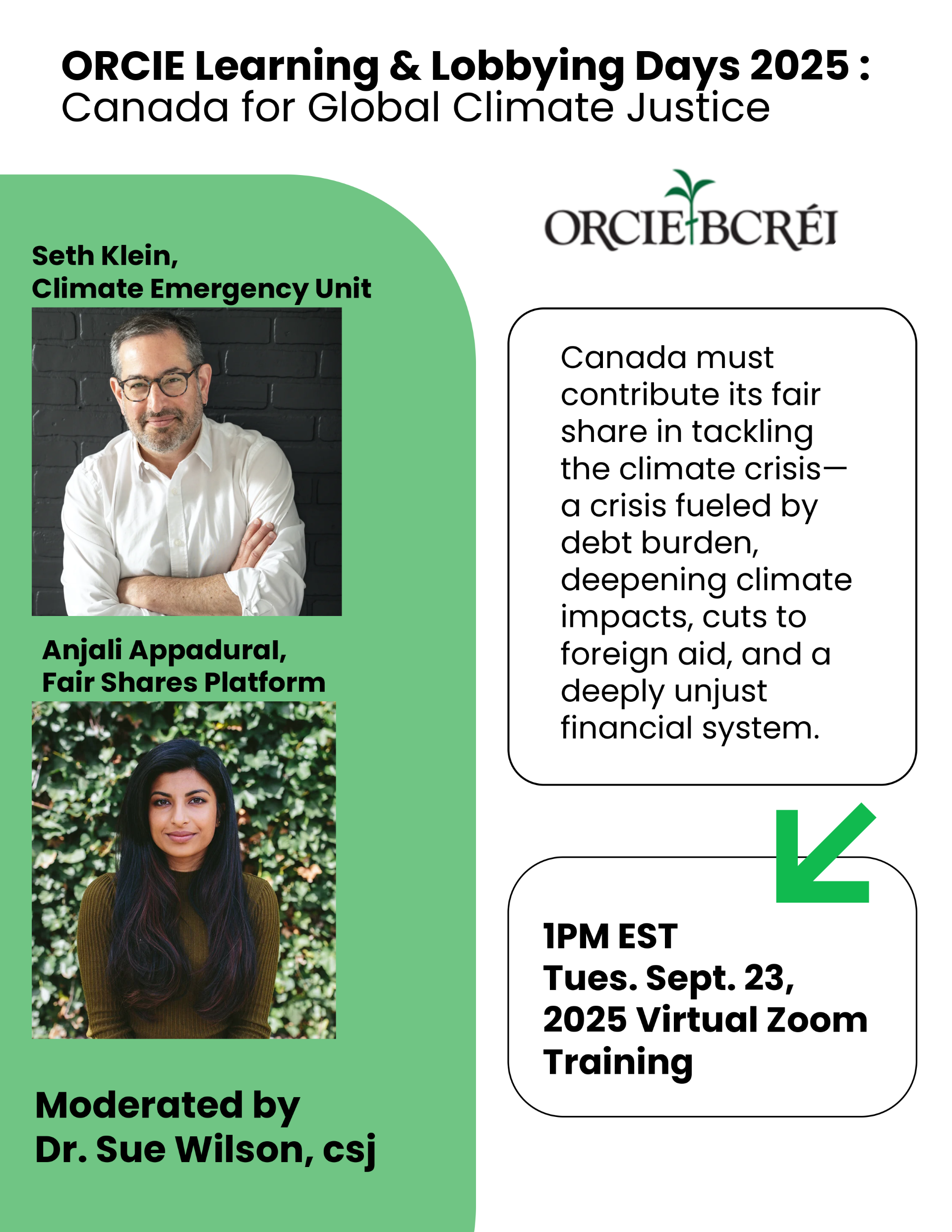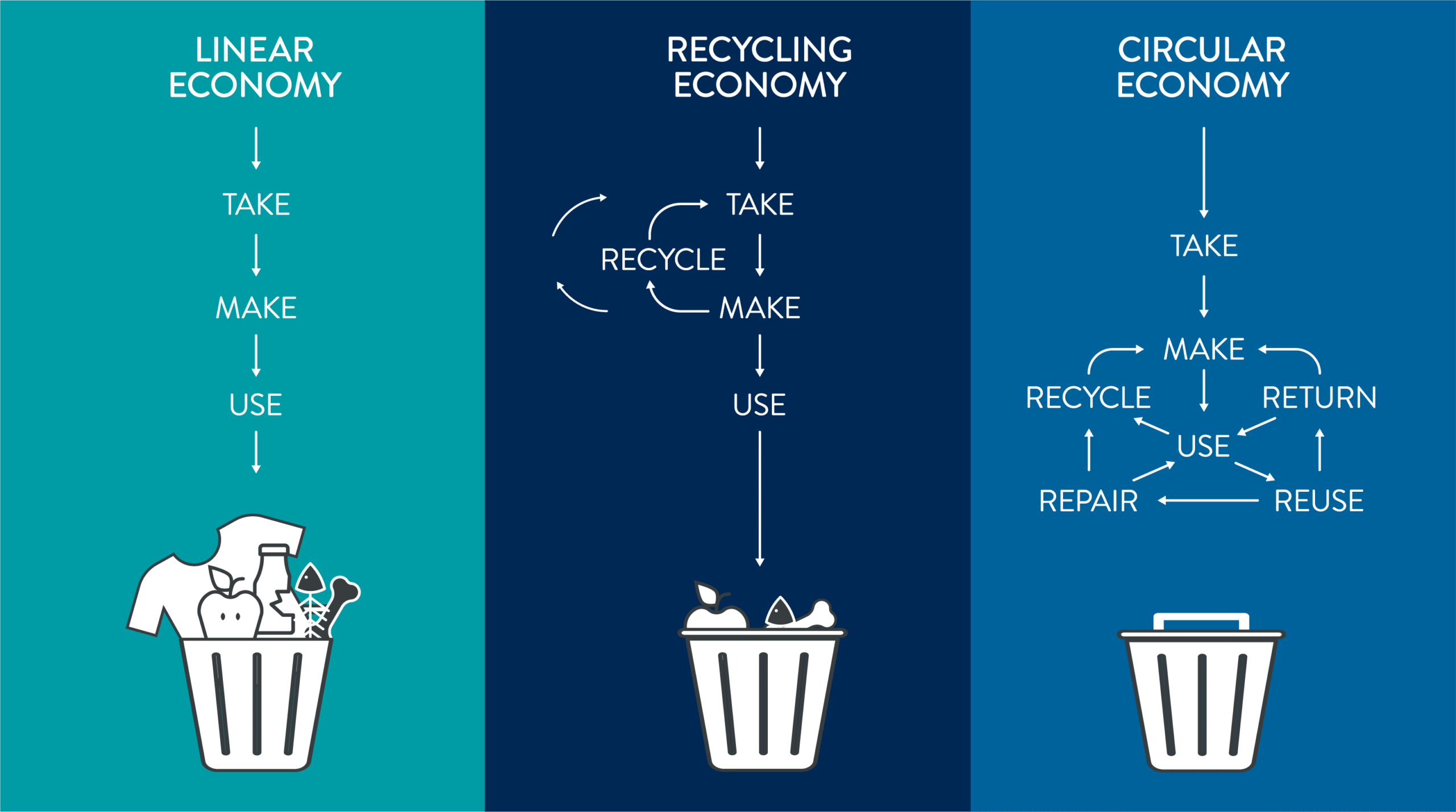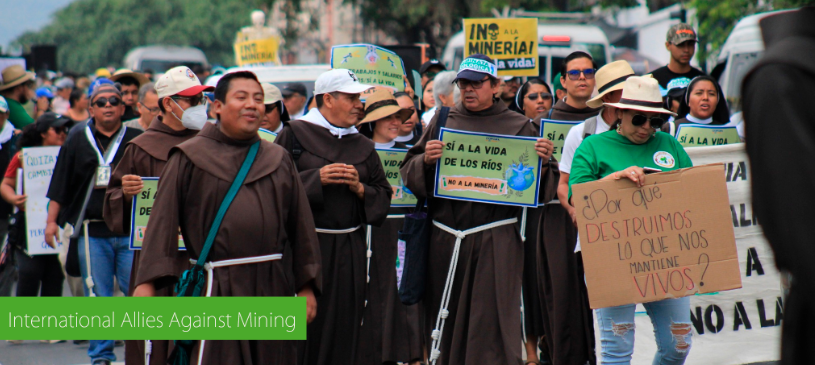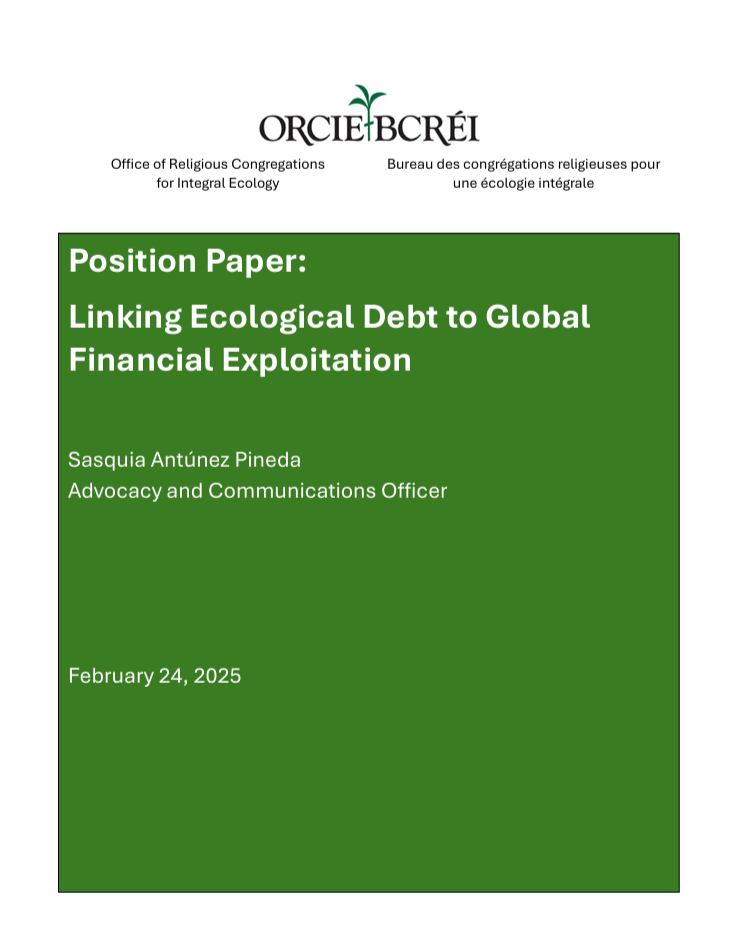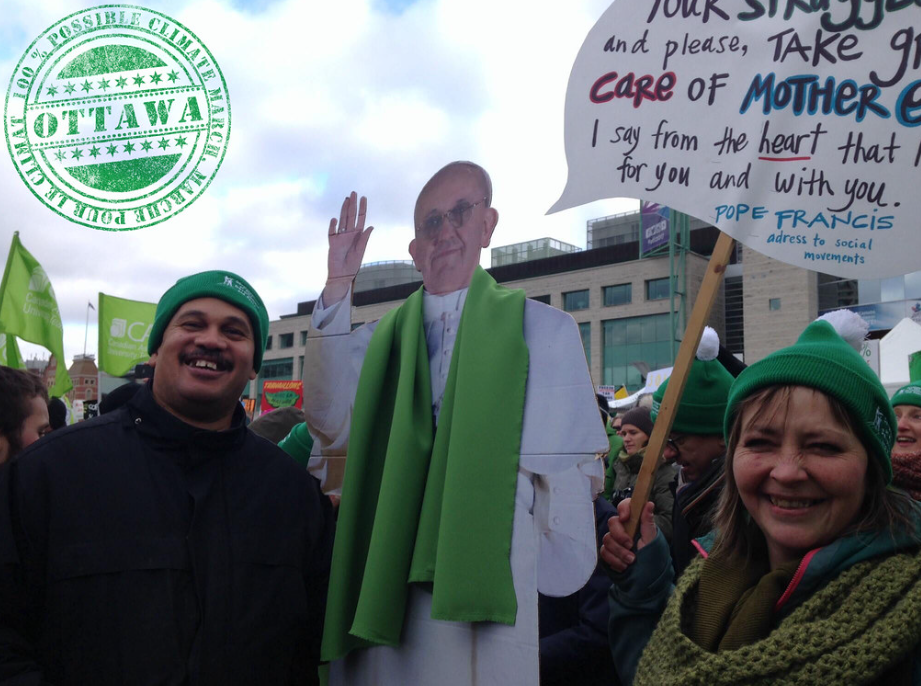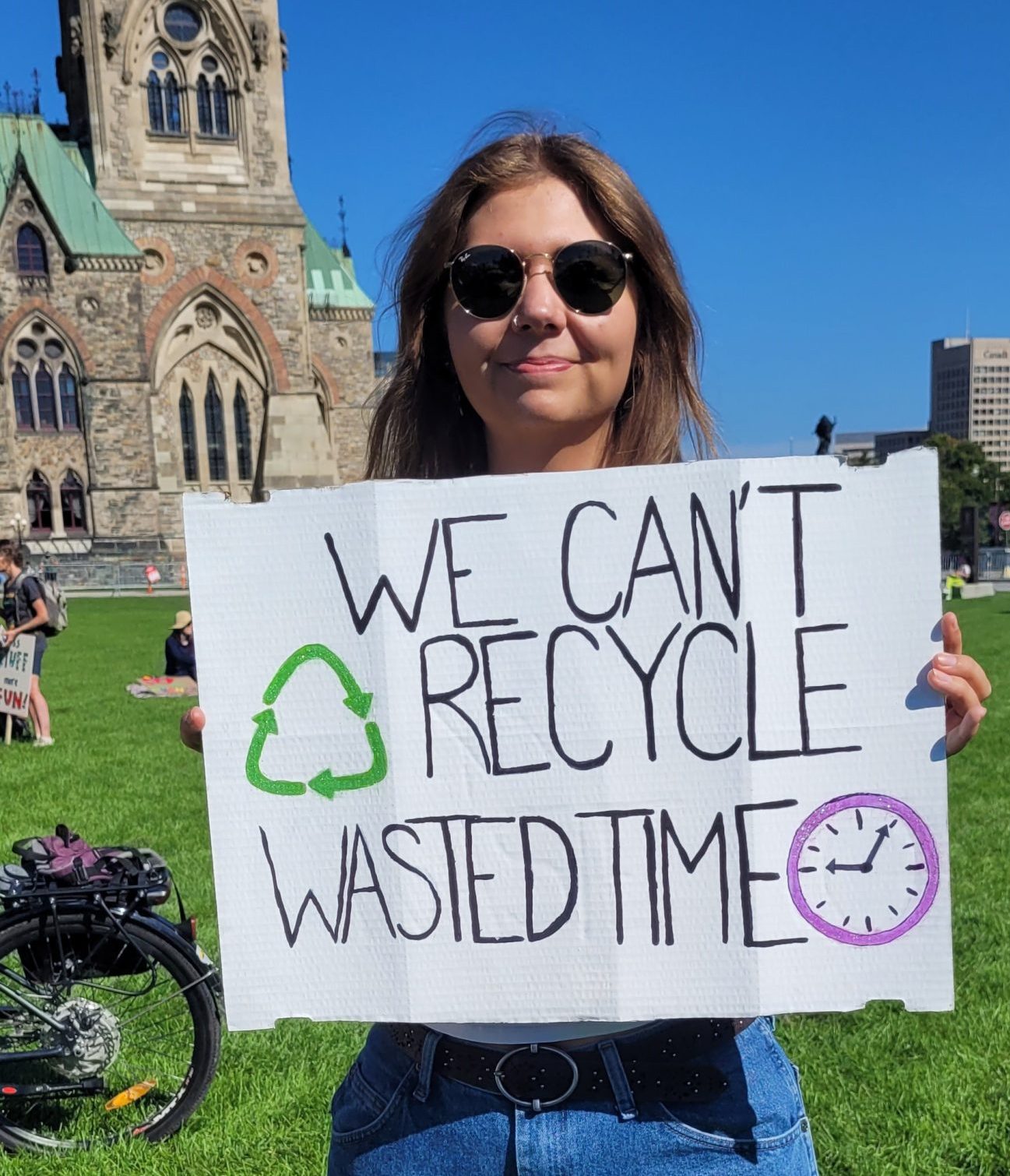We are living within a broken system that has created a planetary crisis. Those most affected by climate change are those least responsible and the international policy frameworks we have in place aren’t working.
The urgent challenge to protect our common home includes a concern to bring the whole human family together to seek a sustainable and integral development, for we know that things can change. Pope Francis in Laudato Si
What does ORCIE-BCRÉI mean when we talk about renewed action for the climate? What do we want to see happen in international meetings? Here is what we have been calling for in Canada and at international meetings, most recently at COP28 and COP29.
FOSSIL FUEL PHASE OUT
We believe we need a fossil fuel phase out where we cap fossil fuel production, not just emissions. There is no room for new oil and gas fields or coal mines to be opened anywhere in the world. In multilateral forums we need to see clear signals where developed countries take the lead.
Only five developed countries (UK, US, NOR, CAN, AUS) are responsible for the majority of the expansion of oil and gas projects over the next 25 years. We are too silent on the developed countries’ responsibility, both historically and currently, to phase out fossil fuels first. This is the major brake we need to achieve a just and equitable global energy transition.
AMBITIOUS OIL AND GAS EMISSIONS CAP
Canada fair share of global effort to limit warming means a strong domestic greenhouse gas emissions cap to cut the sector’s emissions by 60% below 2005 levels by 2030, with zero compliance flexibility, offsets, and loopholes. We must cap fossil fuel production, not just emissions. Fossil fuel subsidies are impeding us and incentivizing pollution.
ORCIE-BCRÉI recommends all investment in the further build-out of fossil-fuel infrastructure in Canada end immediately. In this way Canada will be focusing on the most impactful and efficient way to reduce emissions, and limiting its investment in dangerous distractions, like carbon capture and storage, the most expensive and least effective method to reduce emissions in the sector.
STRONG LOSS AND DAMAGE
Loss and damage is now the third pillar of climate policy architecture, along with mitigation and adaptation, and should be identified as a form of climate reparations. We need commitments to predictable, grant-based, additional and adequate support for developing countries.
The absence of financial commitments from developed countries, in particular in relation to their climate finance obligations, is a major obstacle to implementing any COP decisions, and severely weakens the consensus reached. An unjust or unfunded agreement for fossil fuel phase out and renewable energy phase in puts at risk an urgent energy transition.
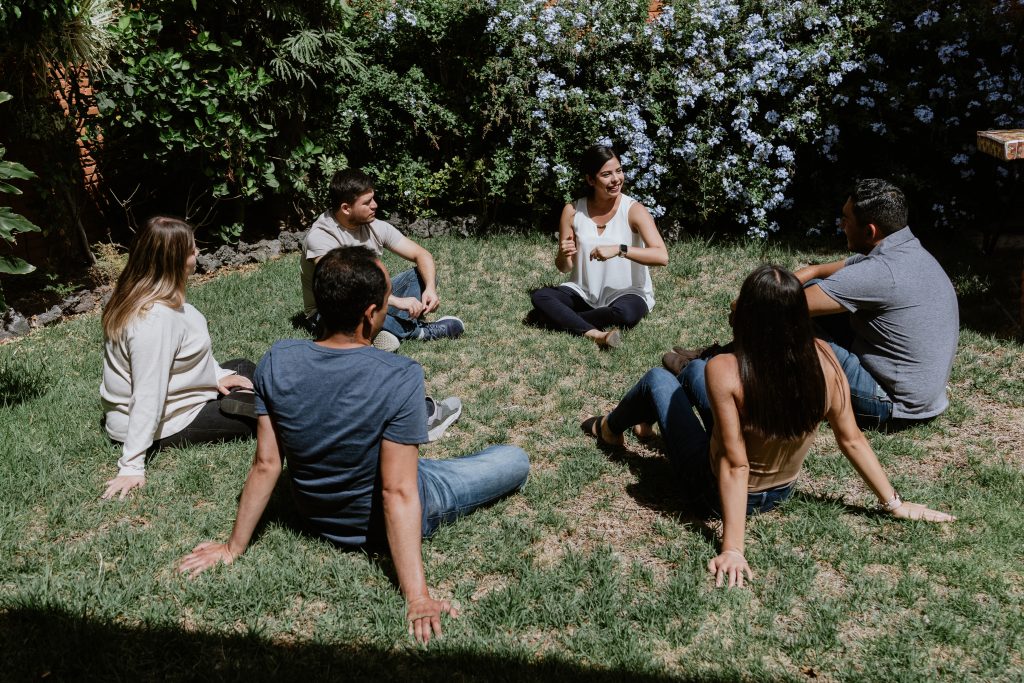
THE DISCONNECT
Civil society and faith based groups like ORCIE-BCRÉI have an important role tracking the misalignment between governments planned fossil fuel production and global production levels consistent with limiting global warming to 1.5°C or 2°C.
We urgently need public finance policy, priorities, and governance to push instead towards a just energy transition rooted in collective wellbeing and global and local equity. There is no shortage of public money available to do this, it is just poorly distributed, flowing to fossil fuels and the super-rich instead of shared priorities.
CHANGE FROM BELOW
In Laudate Deum (31.), Pope Francis does not hesitate to encourage increased advocacy for the just energy transition. ‘The demands that rise up from below throughout the world, where activists from very different countries help and support one another, can end up pressuring the sources of power. For this reason, I reiterate that “unless citizens control political power – national, regional and municipal – it will not be possible to control damage to the environment.’ Combining our forces to build momentum, faith groups give voice to a message of hope, peace and reconciliation instead of tariffs, acquisition and submission. This is a much needed paradigm shift where the Christian church is called to defend and to protect the wellbeing of people and the environment.
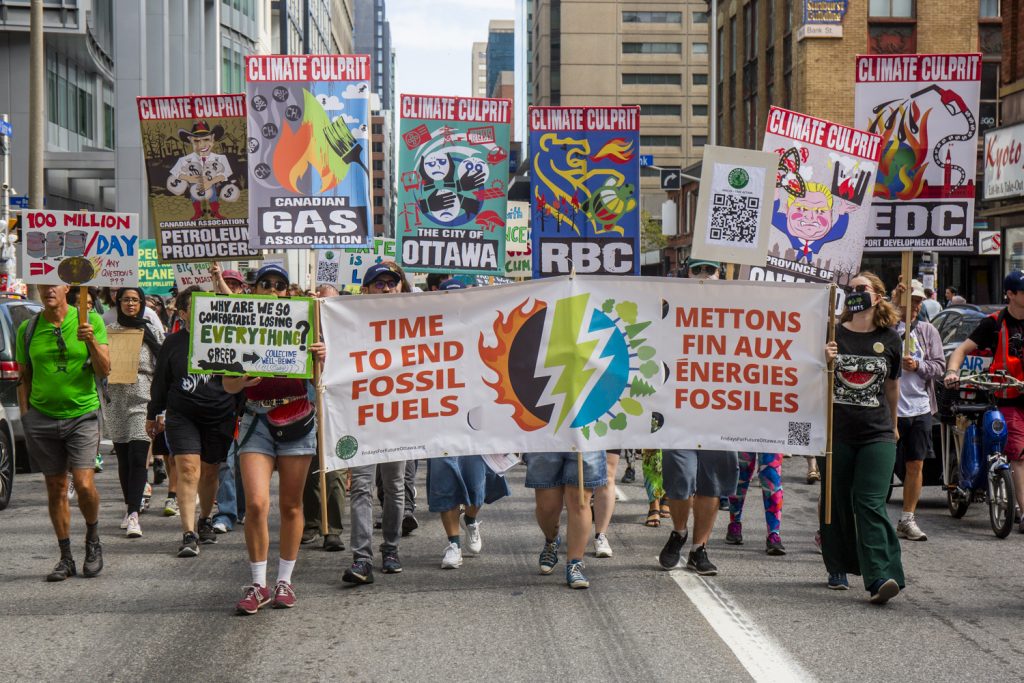
Latest Updates:
From Ottawa to Belém: ORCIE’s Voice for Integral Ecology at COP30
November 27, 2025 - Climate Justice, InternationalSigning On for Justice at COP30
November 26, 2025 - Climate Justice, InternationalOn the Road to COP30: ORCIE’s Journey to Belém, Brazil
October 27, 2025 - Climate Justice, InternationalYou’re Invited: ORCIE-BCRÉI Virtual Training — Canada for Global Climate Justice
September 16, 2025 - Climate Justice, International, NationalHope for a Global Plastics Treaty and how Canada can help
August 25, 2025 - Climate Justice, International, NationalORCIE Endorses Open Letter by Faith Organizations in Support of Preserving El Salvador’s Historic Ban on Metals Mining
August 18, 2025 - Climate Justice, InternationalCanada’s Fair Share
August 11, 2025 - Climate Justice, International, NationalLinking Ecological Debt to Global Financial Exploitation
February 28, 2025 - Climate Justice, International, NationalWe need a ‘multilateralism from below’
December 28, 2024 - Climate Justice, InternationalReport on COP28
December 20, 2024 - Climate Justice, International- 1
- 2


